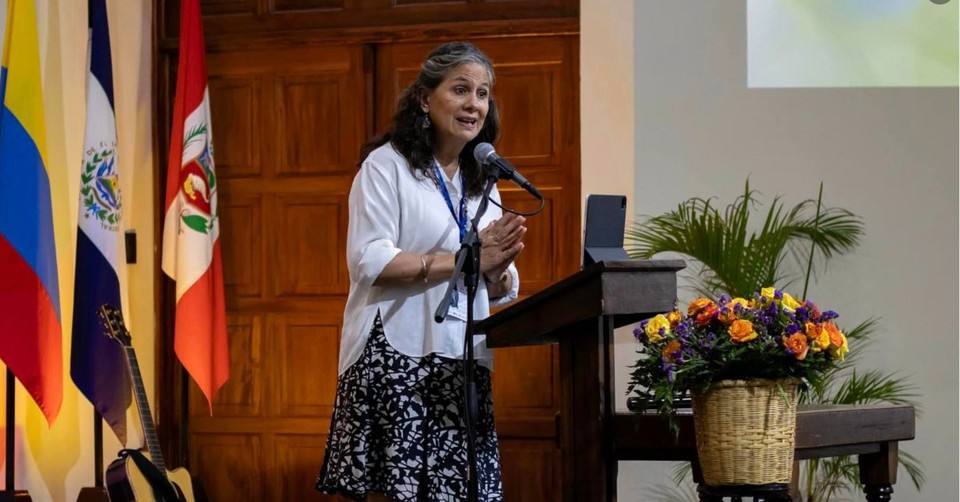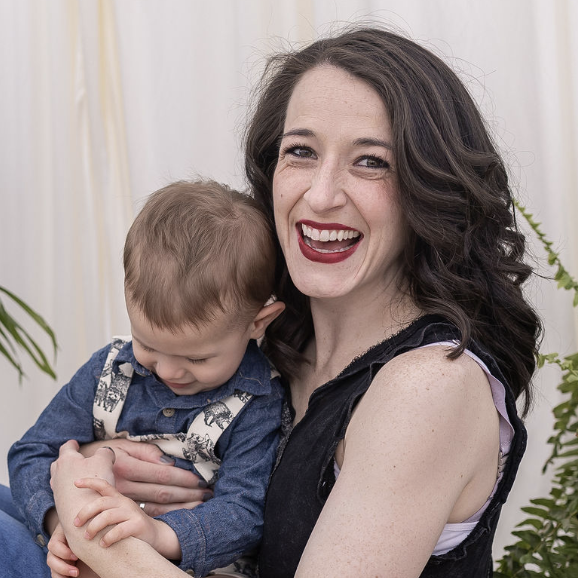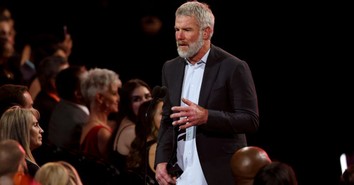Lausanne Congress Apologizes for Speaker’s Criticism on Israel and Dispensational Eschatology

The Lausanne Congress apologized on Wednesday when a keynote speaker at their Fourth Lausanne Global Congress on World Evangelism openly criticized Israel and dispensational eschatology. Many of the 5,000 delegates in attendance were offended when Ruth Padilla DeBorst, an associate professor at Western Theological Seminary in Holland, Michigan, claimed that Israel, too, held hostages and played a role in the violent war. She further stated that evangelicals are too quick to side with Israel:
"There's no room for indifference towards all who are suffering the scourge of war and violence," she said. "The world around the uprooted and beleaguered people of Gaza, the hostages held by both Israel and Hamas and their families, the threatened Palestinians in their own territories."
She went on to say, "However, far too many evangelicals around the world a-critically 'stand with Israel' and remain oblivious to the suffering Palestinians."
DeBorst's remarks come just days before October 7th, 2024, the first anniversary of Hamas' terrorist attack on Israel, when terrorists killed almost 1,200 people and captured 254 hostages. As the war continues to escalate between Israel and Hezbollah, many delegates believe DeBorst's comments were politically pushy and ill-placed.
In DeBorst's sixteen-minute speech, she also commented that "colonialist theologies… justify and finance oppression under the guise of some dispensational eschatology."
Shortly after, Congress Director David Bennett sent an emailed apology to the delegates, asking forgiveness from those who were offended by DeBorst's stance regarding dispensational eschatology and Israel's response to the Hamas terrorist attack:
Dear friends
The Lausanne Movement is a diverse community. Although we share a common biblical and theological foundation in our affirmation of the Lausanne Covenant, the Manila Manifesto and the Cape Town Commitment, we include people from a great variety of cultural, theological, historical, and political perspectives. We seek to create space where robust discussions, both theological and strategic, can take place, in pursuit of greater wisdom in the advancement of global mission, and in fulfilment of Jesus' command to make disciples of all the nations, teaching them to obey everything he commanded.
The speakers we invite to share in our gatherings come from a variety of perspectives. They will sometimes disagree with one another, even though they each affirm the foundational documents. They do not necessarily represent an 'official' Lausanne position in their statements. But we seek to be gracious and respectful listeners in our interactions with one another, in the spirit of Lausanne.
We ask speakers to submit scripts in advance, for the sake of clearer expression, realistic planning for timing, to help presenters to interact with one another in advance, and to aid in interpretation into other languages. But sometimes we have failed to review carefully enough in advance the precise wording or tone used by a presenter, or to anticipate how their words may be received by the diversity of the audience they are addressing.
As Congress Director, I would like to offer an apology for a presentation this week which singled out 'dispensational eschatology' in a critical tone, implying that it contributed to violence and injustice, and which failed to note that many theologies have been misused and misapplied as justifications for violence. That same presentation referred to the suffering of the Palestinian people but did not express comparable empathy for the suffering of Israeli people, nor adequately express concern for many other peoples and nations of the world that are currently in the throes of violent conflict.
We have become aware of significant pain and offense experienced at this Congress from those in dispensational theological contexts, those who are Jews, and those engaged in ministries to Jews and/or in Israel. Our Lausanne team, including me, failed to review the wording of the presentation carefully enough in advance, or to anticipate the hurts and misunderstandings it would cause.
As your brother in Christ, and on behalf of our Lausanne leadership, I ask for your forgiveness.
Kind regards,
David Bennett
Congress Director
DeBorst released her own statement: "There are so many expressions of injustice in our world, how could anyone thoroughly and responsibly tackle such a deep and broad-ranging theme and the complicated scenarios related to it from a biblical and theological standpoint in only 15 minutes?"
Still, DeBorst reaffirmed her statement that innocent Gazans were wronged: "I am convinced that this is a current justice issue in relation to which we, as Christians, have a particular responsibility. Let me explain. Truly, the Hamas attack almost a year ago was abhorrent and absolutely reprehensible, and truly, people who live in Israel, Jewish, Palestinian, and others, are being threatened as I write. Their pain is our pain. At the same time, the long-standing suffering of Palestinians has been compounded by the attacks on Gaza since October 7, where over 40,000 people have been killed, many of them children. Additionally, settler attacks have only increased in the West Bank."
She went on to clarify her remarks regarding dispensational eschatology, sharing that it was "not in any way a blanket dismissal of dispensational theology and, even less, of sisters and brothers who suscribe (sic) to that stance. For the pain my statement might have caused, I am sorry. What I am naming is the troubling theological rationale sustained by some people to perpetrate injustice against certain other people."
Meanwhile, Tim Adams, General Secretary of the International Fellowship of Evangelical Students, shared in an emailed statement to Christian Daily International that he believes "... this apology was totally against the ethos of Lausanne." Adams said, "Within the agreed theological framework of previous Lausanne statements, Lausanne has been a place which brings people together to overcome barriers and unite to serve the Great Commission." In short, Adams believes "this apology will do more to divide than to unite."
Photo Credit: ©Facebook/Ruth Padilla DeBorst

Originally published September 26, 2024.







